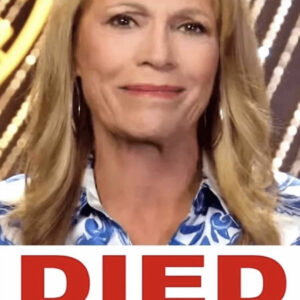In a whirlwind turn of events that has sent shockwaves through the entertainment industry, Jimmy Kimmel, the beloved comedian and late-night talk show host, finds himself at a crossroads that has redefined his illustrious career.
The aftermath of his recent Oscars monologue has not only shaken the foundations of his financial stability but has ignited a profound debate about the delicate balance between creative expression, corporate partnerships, and social responsibility.
Kimmel, known for his biting humor and unapologetic commentary, took center stage at the Oscars with a routine that was expected to push boundaries and spark conversation. However, the depth of his political and social commentary, delving into themes of social justice and systemic change, struck a chord with both audiences and corporate partners in an unforeseen manner.
The fallout was swift and severe. Reports emerged of major brands severing ties with Kimmel, citing concerns over potential alienation of their customer base. The staggering loss of $500 million in brand deals not only underscores the financial impact on Kimmel but also the high stakes involved when entertainment intersects with activism and commerce.
Yet, amidst the polarized reactions from the public and the industry, a fundamental question emerges: What is the role of entertainers in public discourse? Should they remain neutral or leverage their platforms to advocate for change? The controversy surrounding Kimmel’s monologue serves as a poignant reminder of the power and responsibility that come with celebrity status.
Supporters applaud Kimmel for his courage in addressing pressing social issues, viewing his monologue as a necessary commentary on the times we live in. They argue that comedy, at its core, is meant to challenge societal norms and provoke meaningful dialogue, even at personal cost.
However, critics contend that the Oscars—an event dedicated to celebrating cinematic achievements—was not the appropriate platform for such pointed social commentary. They argue that Kimmel’s monologue crossed the line from entertainment into activism, alienating viewers seeking escapism rather than political discourse.
At the heart of this controversy lies a broader debate over creative freedom and commercial interests. Kimmel’s experience highlights the tension between artists who wish to use their platforms for advocacy and the corporations that support them. In an era where brand endorsements can significantly impact a celebrity’s income and influence, the potential for partnerships to censor or dilute creative expression is a pressing concern.
Moreover, this incident prompts reflection on the relationship between celebrities and their commercial partners. Should brands have a say in the content of an artist’s work, or should creative freedom prevail? How can celebrities navigate their roles as entertainers and influencers in an increasingly polarized world?
As the dust settles, the implications of this event for the entertainment industry and beyond remain to be fully understood. Yet, one thing is certain: the Jimmy Kimmel controversy has sparked a crucial conversation about the power dynamics between public figures, their audiences, and the corporate interests that support them.
Moving forward, finding a balance that respects creative integrity, social advocacy, and commercial viability will be essential for the future of entertainment in a rapidly evolving social and political landscape. The incident serves as a poignant reminder of the complexities inherent in navigating the intersection of entertainment, advocacy, and commerce in the modern age.





